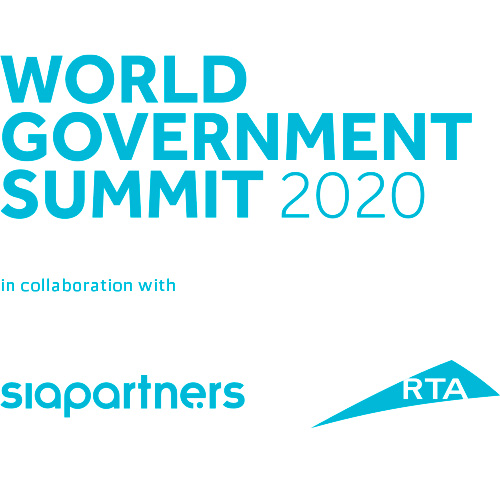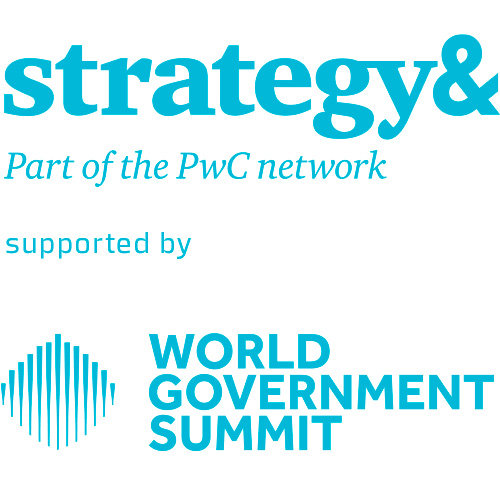AI Ethics: The Next Big Thing In Government
AI Ethics: The Next Big Thing In Government
AI Ethics: The Next Big Thing In Government
Governments and Public sector entities around the world are already reaping the rewards of investing in AI technology. From reducing backlogs, cutting costs to predicting fraudulent transactions, AI has the potential to improve public services while maximizing the ability of government staff to innovate and make more informed decisions.
While there is an increasing interaction between AI technologies and our socio-political and economic institutions, consequences are not well defined. The rapid development of AI has raised numerous ethical concerns, pushing us to redefine the future of work, society and humanity. Will people become jobless due to the expansion of AI? How do we ensure that machines do not harm other humans? Could AI long-term development lead to the end of humankind as numerous technologists have speculated? How could we control an AI system that has gone beyond our understanding of complexity?
The role of the public sector is essential and twofold – acting as both a role model and regulator. The report proposes tools to navigate the future of AI and develop AI ethical standards based on a global regulatory model.
While there is an increasing interaction between AI technologies and our socio-political and economic institutions, consequences are not well defined. The rapid development of AI has raised numerous ethical concerns, pushing us to redefine the future of work, society and humanity. Will people become jobless due to the expansion of AI? How do we ensure that machines do not harm other humans? Could AI long-term development lead to the end of humankind as numerous technologists have speculated? How could we control an AI system that has gone beyond our understanding of complexity?
The role of the public sector is essential and twofold – acting as both a role model and regulator. The report proposes tools to navigate the future of AI and develop AI ethical standards based on a global regulatory model.






